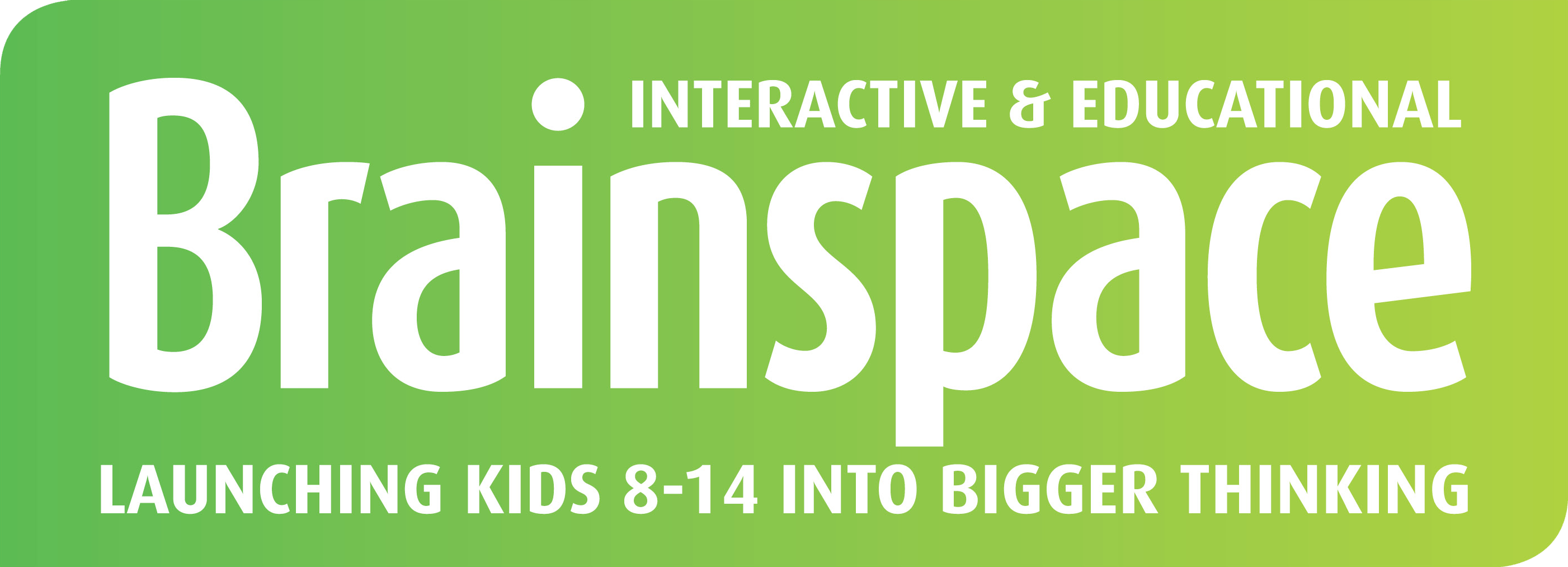
Discoveries happen every day.

But, science has not changed.
Sure humans manipulate it and discover new things about science but the laws of nature, science, astronomy haven’t changed since the beginning of time.
Innovation and technology are advancing at breakneck speed. But gravity keeps pulling and inertia stays the same. Currents, oceans, and climate still obey the same patterns despite human interference. Though the effects may change, their function – or jobs – haven’t. We change and adapt. Our planet does as well. The laws of science, however, do not.

As we impress the importance of STEAM on educators and attempt to reign in the tech craze to our students’ advantage, we may need to hit pause and remember our place in the big picture.
I was a teacher for nearly ten years prior to becoming the publisher of Brainspace.
My classroom years were mostly spent teaching grade one and two students to read, play with math, and experiment with science. As a Montessorian, I helped kids understand and respect the laws that affect all life. These are the constants. And in tumultuous times, it’s good to have constants. To understand what is a sure thing and what you can count on every time.
Coding and algorithms help kids see math patterns. Absolutely. Robotics is an ideal hands-on demonstration of how simple machines, sensors, and engineering works. Awesome. But ensuring that the learning has a context in real-world applications is even greater.
How do the concepts apply in real life? Because at the end of the day – or schooling – that’s the big question.
How does that huge tree stay up?
Stand a pencil on its end (either one) and it can easily topple over. Grab some push pins, string, and a pencil. Ask your child or student to engineer a way to make it stay up even with a strong wind blowing on it. They’ll grasp the concept of roots quickly enough.
Common sense and logic.
I remember my dad insisting that I figure out how a guitar made the sounds before I took lessons. String tension, the opening in the body, the fretboard and the tuning keys became fascinating to me. The names of the notes became incidental. I can play well enough and I’d play better had I felt compelled to improve my skill level with lessons, but meh. I was more curious about how it worked than perfecting how I played. Most kids are. Understanding things is important to kids. It’s the reason for the incessant questions they ask.
Let them play.
Before you register your kids in the next big thing to enhance their learning ask yourself a few questions.
- will it encourage them to explore other similar concepts independently (i.e. do they need a branded “kit” to repeat the steps to building a robot or can they use what’s available?)
- will it inspire a respect for science and life around them (i.e. can they recognize how the science experiments they did at the science club apply in the real world?)
Live science at home.
When they ask about the orbit, give them magnets and relate it to the sun. Give them a bucket with water and swing it around to demonstrate the forces at play. Talk about natural laws and phenomena.
Want to teach them about life?
Dissect a flower. It bleeds. It eats. It breathes. It reproduces. Show them the parts that make it all happen. Give thought to why ants are important to gardens before you instinctively squish it. Watch documentaries on Netflix and discuss. Tell them about your life growing up. Tell them about when they were little and how they’ve changed. Look back at photos.
Give them the basics.
And let them decide if they want to become engineers.
